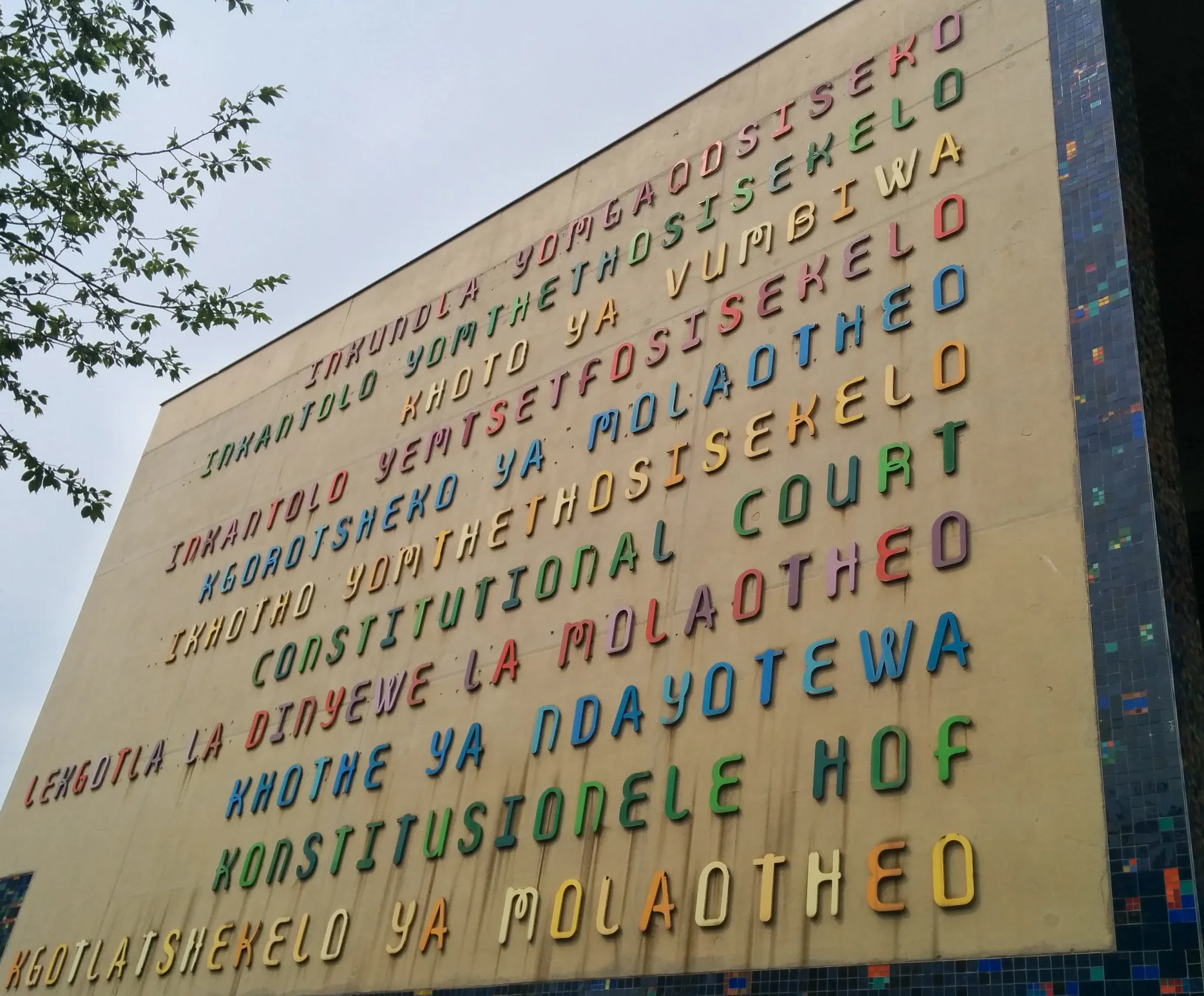Constitutional Responses to the Crisis of Representation

On 30-31 May 2017, International IDEA’s Constitution-Building Programme hosted a workshop on “Constitutional Responses to the Crisis of Representation and Oligarchic Democracy” (CR2OD), held at The Hague Institute for Global Justice.
The workshop addressed the issue that although modern liberal democracies have constitutions and free popular elections, these democratic institutions are dominated by a wealthy elite. This can produce a hybrid regime-type - ‘oligarchic democracy’ – which is democratic in form but oligarchic in substance.
International IDEA’s work on oligarchic democracy is part of a wider project examining the apparent crisis of representation in established and consolidating democracies during this ‘new gilded age’ of rising inequalities of wealth. It stems from a concern that oligarchic tendencies, if unchecked by a reaffirmation of non-oligarchic power, can produce a backlash, in terms of apathy, the rise of populist movements, or violent clashes, which could threaten the stability and vitality of democratic states.
The twelve participants brought to discuss the topic were drawn from a range of academic disciplines and sub-disciplines, including law, political science, international relations and political theory, as well as public intellectuals, offering a variety of institutional, ideological and sociological responses to the problem of oligarchic democracy. A common theme was that the goal of anti-oligarchic reform ultimately requires a republican reaffirmation of public, political governance as opposed to private, elite control.
The participants identified four approaches to oligarchic democracy. Oligarchic democracy can be addressed as (1) a distributional problem, (2) a representational problem, (3) a corruption problem, or (4) as a sociological problem.
- First, under the distributional approach, the problem is that policy favors the rich. The wealthiest of society foster oligarchic democracy by influencing and advancing policies that perpetuate their interests.
- Second, oligarchic democracy can be approached as a representational problem. The elected, ruling class overwhelmingly is comprised of the rich elite, and there is an underrepresentation of the poor in politics.
- Third, the issue could be characterized as a corruption problem. The wealthy have corrupted the democratic system by excluding the general population and maintaining a revolving door of contacts and malleable friends in positions of power.
- Finally, the fourth approach to oligarchic democracy is as a sociological problem. The rich, by wielding a wider sociological influence and a disproportionate voice, shape the ideas and perceptions of the public. This last understanding of oligarchic democracy is not targeted exclusively at broken state institutions or actors. Rather, it looks at how distributions of wealth and power in the state and in society can be mutually reinforcing.
Workshop participants then discussed potential constitutional solutions to these challenges – which ranged from the use of citizen assemblies as corruption watchdogs to the creation of independent economic equality councils/commissions similar in powers to the fourth branch ‘accountability’ institutions which already exist in many constitutions around the world.
The project’s next steps will involve maintaining the dialogue among the participants and across a network of scholars, practitioners, activists, and others, and – in 2018 – developing a report on the use of randomly elected citizen assemblies.





